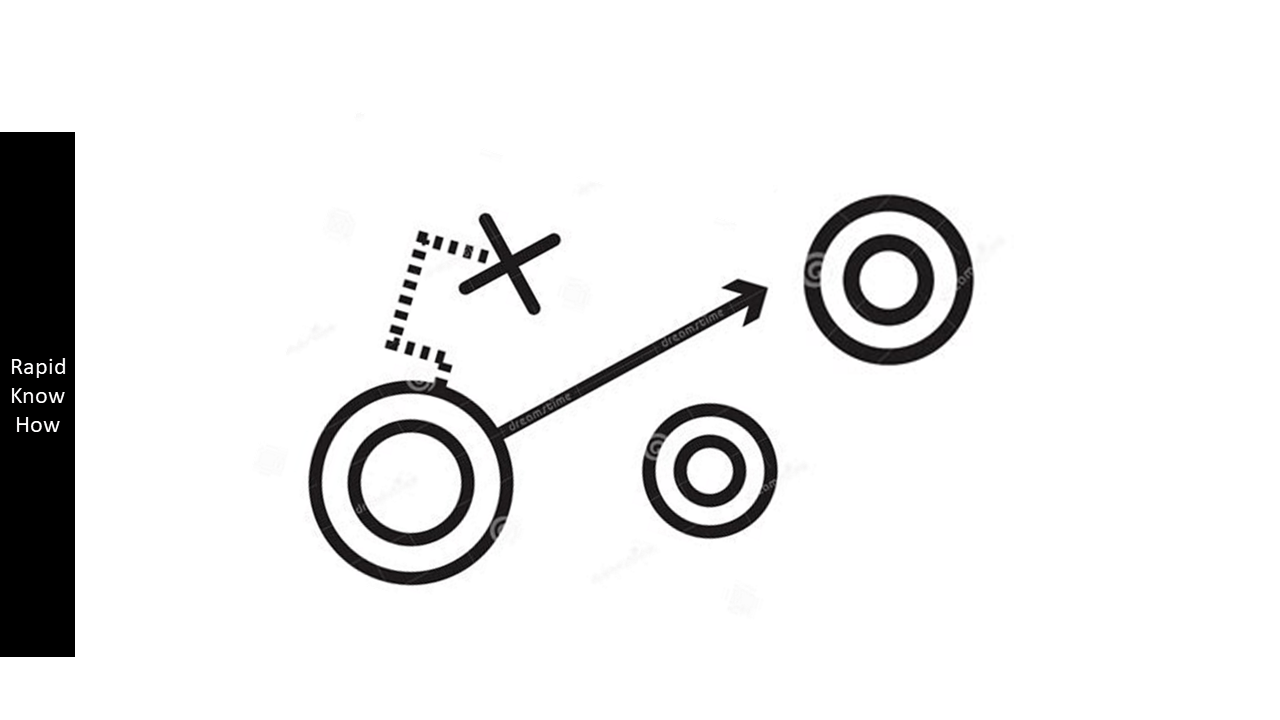Cracking the Bureaucracy Code: Thriving Individualism and Autonomy
Understanding bureaucracy is a complex task, and it becomes even more challenging when we try to navigate through it. The term ‘bureaucracy’ often conjures up images of red tape, endless paperwork, and frustrating delays. However, it’s essential to understand that bureaucracy is not inherently evil or inefficient. It’s a system designed to ensure fairness, accountability, and transparency in large organizations.
Franz Kafka, the renowned Czech writer, provides us with a profound understanding of bureaucracy through his works. His novel “The Trial” is a stark portrayal of an oppressive and labyrinthine bureaucratic system where the protagonist is arrested and prosecuted by an inaccessible authority for an unspecified crime. Kafka’s depiction of bureaucracy is not just a critique of the system but also a reflection of the individual’s struggle within it.
Case: Covid-19 Global Program
The Covid-19 pandemic has brought the world’s bureaucracies into sharp focus. The global program to combat the virus has been marked by bureaucratic challenges at every level – from international cooperation to local implementation. The distribution of vaccines, for instance, has been hampered by bureaucratic hurdles in many countries.
3 Lessons we can learn from Franz Kafka and the Covid-19 Global Program
1. Navigating Bureaucracy: Kafka’s protagonists often find themselves trapped in a web of bureaucracy that they cannot understand or control. Similarly, individuals and organizations have struggled to navigate the bureaucratic complexities of the Covid-19 response. This highlights the need for clear communication and guidance from authorities.
2. The Importance of Individual Action: Despite their struggles, Kafka’s characters never stop trying to assert their individuality and autonomy. This resonates with our current situation where individuals have had to take responsibility for their health and safety amidst confusing and sometimes contradictory guidelines.
3. The Need for Systemic Change: Kafka’s works often end in despair, suggesting that the bureaucratic system is too entrenched to be overcome by individual action alone. The Covid-19 pandemic has exposed the weaknesses in our bureaucracies, indicating the need for systemic changes.
Crafting our Life Strategy to become autonomous and independent from bureaucracies
While we cannot completely extricate ourselves from bureaucracies, we can strive for autonomy and independence within them. This requires a two-pronged approach:
1. Understanding the System: To navigate bureaucracy effectively, we need to understand its rules and procedures. This involves staying informed and seeking advice when necessary.
2. Asserting Individuality: We must also assert our individuality within the system. This means making informed decisions based on our understanding of the system and our personal values.
Get started to thrive individualism and autonomy
To thrive in a bureaucratic world, we must cultivate resilience, adaptability, and a proactive mindset. We should be prepared to question authority when necessary and advocate for ourselves and others. We should also seek out opportunities for personal growth and development within the system.
Conclusion and Recommendation
In conclusion, bureaucracy is a complex system that can often feel oppressive and frustrating. However, by understanding its workings and asserting our individuality within it, we can navigate it more effectively. The Covid-19 pandemic has highlighted the need for systemic changes in our bureaucracies, but it has also shown us the power of individual action.
As Kafka’s works suggest, the struggle against bureaucracy is not just about overcoming external obstacles but also about asserting our humanity in the face of dehumanizing systems. Therefore, let’s strive to be informed, proactive individuals who can navigate bureaucracy while maintaining our autonomy and individuality.
